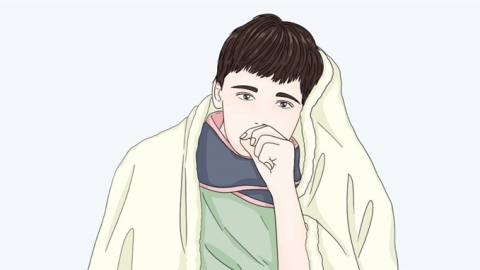How to Determine Lung Health Through Symptoms
To determine whether the lungs are healthy through symptoms, one can generally observe whether breathing is smooth, whether coughing is abnormal, whether sputum is normal, whether there is chest discomfort, and whether there are systemic accompanying manifestations. If any abnormalities are noticed, timely medical consultation is recommended. Detailed analysis is as follows:

1. Smoothness of breathing: When the lungs are healthy, breathing is even and steady without shortness of breath or panting. If rapid breathing, labored inhalation, or breathlessness upon slight physical activity frequently occur, it may indicate abnormal lung function.
2. Abnormal coughing: Brief coughing occasionally triggered by external irritants is normal. However, if chronic coughing persists for more than two weeks or there are episodes of severe coughing—especially worsening at night or upon waking—it may indicate an underlying lung problem.
3. Normalcy of sputum: In healthy conditions, sputum is minimal and transparent. If the sputum turns yellow, green, or even contains blood, or if it becomes thick and significantly increases in volume, it may signal a lung infection or pathology.
4. Chest discomfort: A healthy individual typically experiences no significant chest discomfort. If frequent sensations of chest tightness or pain occur—particularly if the pain intensifies with breathing or coughing—or if there is a feeling of chest pressure, lung abnormalities should be suspected.
5. Presence of systemic symptoms: When the lungs are healthy, there are no unusual physical discomforts. However, if symptoms such as prolonged low-grade fever, unexplained weight loss, fatigue, or night sweats appear, they may be related to chronic lung disease or infection.
If any of the above abnormal symptoms are identified, timely attention and documentation of symptom frequency and duration are advised. Self-medication or neglect should be avoided. It is recommended to visit a hospital promptly for chest examination to determine the condition of the lungs and follow professional guidance for appropriate management or treatment to maintain lung health.











